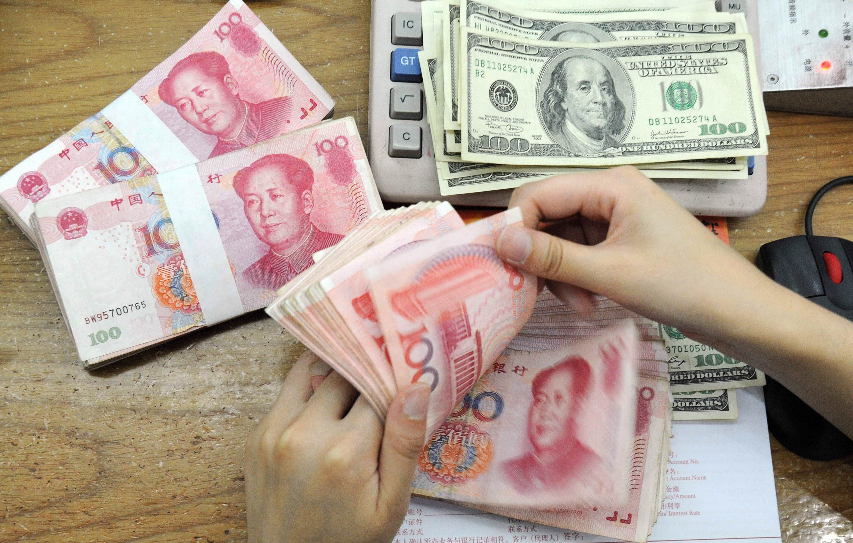Chinese FX reserves fell $99.5 billion

The fall in Chinese FX reserves was lightly smaller than analysts anticipated but it's raised a host of questions.
1) How far will China go?
At a pace of $100 billion per month, it won't take long to deplete China's reserves. They spent $500 billion in all of 2015 but the pace has accelerated. Officials value stability over the reserves but at some point, they'll need to take a less activist role. I suspect that's sometime before reserves fall below $2 trillion. Some Chinese officials feel as if they're in a battle against hedge funds who are shorting the yuan; but this isn't the Bank of England in 1992, China has a tremendous amount of firepower.
2) Why are they fighting yuan weakness?
The main street theme is that China is deliberately weakening the yuan to get a competitive edge. In reality, the opposite is true. Since the start of 2015, the yuan is stronger than the pound, euro or commodity currencies.
So why don't they just let the yuan fall? Because officials feel the current decline is due to investors pulling their money out of China. That's why they're combining these efforts with periodic intervention in the stock market.
3) Where does it end?
China wants a weak yuan, but not like this. They don't want investors fleeing on fears of the a slowdown. They want to stabilize sentiment in broader markets and ensure high confidence in the economy. Afterwards, they will allow slow, steady yuan weakness and an orderly transition to a free float.
Will it work? Chinese leaders want to control everything but not even the most powerful nations are stronger than markets. The best thing China can do is recognize that it's going to lose a war with markets and that it's better to lose gracefully.
Reminder that Chinese markets are closed all week as we wish a happy Chinese New Year to everyone. Here's what the Chinese year of the Red Monkey means for financial markets.
Also see:
Chinese New Year market holidays next week - your guide to who is open and when



